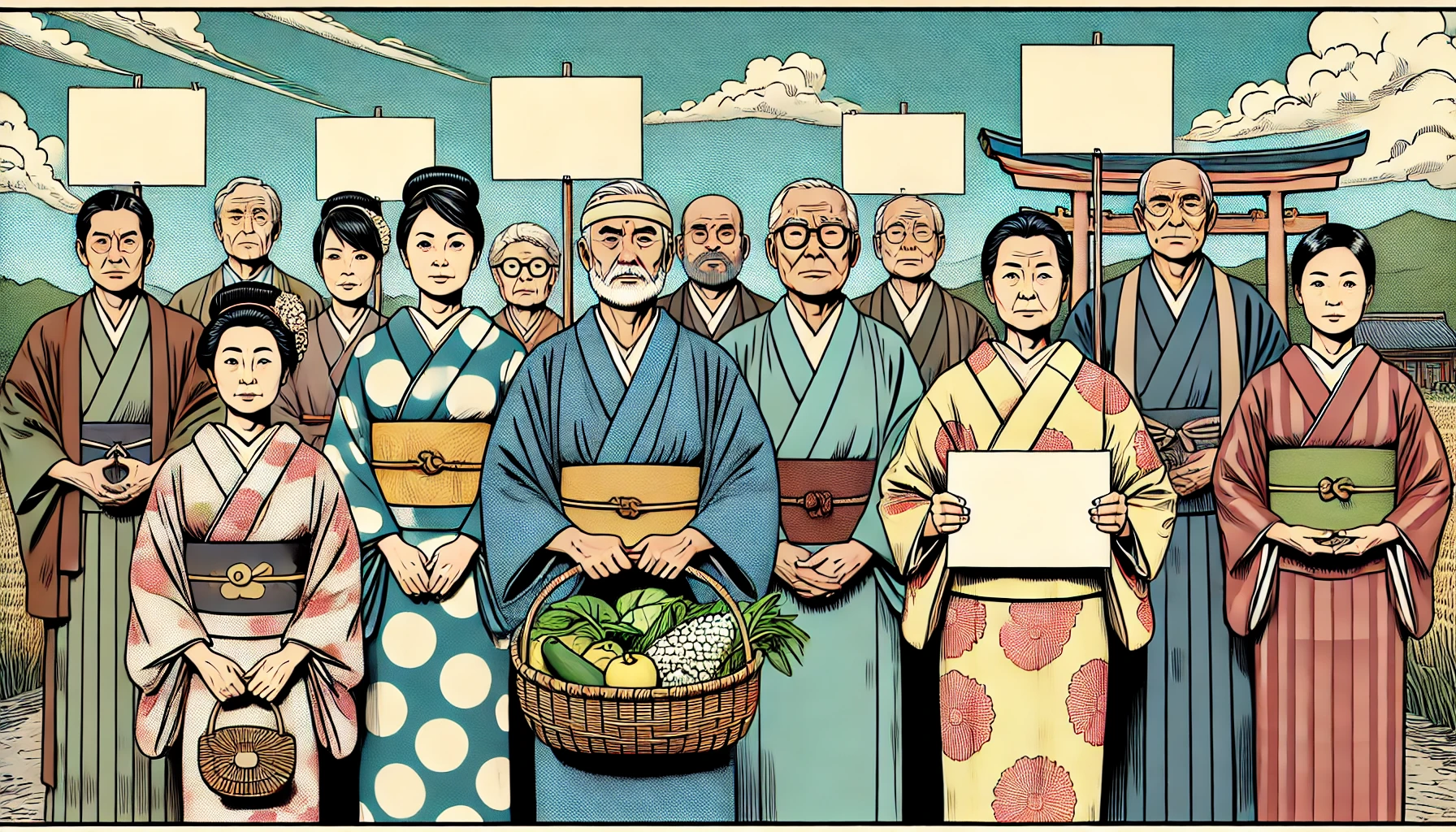
🌱 From YouTube Project to Political Party
Sanseitō (参政党), founded in 2020, didn’t begin as a conventional political party. It emerged from a YouTube channel focused on citizen participation, health, and Japan’s future. What made it stand out from the beginning was its blend of grassroots nationalism and lifestyle activism—especially themes like organic agriculture, natural living, and skepticism toward mainstream medicine and media. This unique mix laid the foundation for what would later be dubbed the “organic right.”
One of the party’s key founders, a former local politician, became known for fiery speeches, often touching on historical pride, traditional values, and Japan’s need to reclaim cultural independence. Sanseitō’s early momentum came from online platforms, where it cultivated a loyal audience before stepping fully into electoral politics.
🍙 What Does “Organic Right” Mean?
Unlike traditional right-wing parties that focus primarily on defense or economics, Sanseitō speaks to lifestyle. Its platform includes:
- Advocacy for pesticide-free, local agriculture
- Promotion of chemical-free school lunches
- Calls for decentralization and local sovereignty
- Opposition to vaccine mandates and excessive government control
- Historical revisionism with pride in Japan’s past
This combination of clean-living ideals and conservative politics created a new category of political identity in Japan—“organic right.” The term captures the party’s appeal to both natural lifestyle enthusiasts and nationalist thinkers.
📈 How Sanseitō Grew So Fast
Sanseitō’s rise has been unconventional but highly effective. Here’s how they did it:
- Street speeches and viral clips: Their charismatic spokesperson drew thousands to live events, turning speeches into social media content that spread organically.
- Orange branding: Eye-catching visuals helped unify their message across posters, merchandise, and online videos.
- DIY structure: Members don’t just vote—they participate. Local branches hold events, training sessions, and donation drives.
- Appeal to the disillusioned: Many of their followers are people who feel alienated by both mainstream liberalism and corporate conservatism.
- Platform diversity: By speaking to parents, farmers, small business owners, and even yoga instructors, they widened their support beyond typical political demographics.
As a result, the party quickly gained thousands of registered members and built a robust national presence—culminating in a proportional seat in the national legislature just two years after its launch.
🗳️ From Fringe to Ballot
By 2022, Sanseitō had won a seat in the House of Councillors. By 2024, they had expanded their presence into the lower house and dozens of local assemblies. Their platform has since evolved to include more mainstream policies such as:
- Lower taxes for families
- More educational freedom
- Stronger border control
- Protection of traditional culture
- Economic independence from foreign influence
At the same time, they’ve downplayed some of their earlier anti-establishment rhetoric to gain broader public acceptance—mirroring the trajectory of other populist parties worldwide.
🧠 Editor’s Take: The Lifestyle Revolution in Politics
Sanseitō’s strategy reveals a larger trend: lifestyle and politics are merging. Many people today care as much about where their food comes from as they do about government budgets. Sanseitō capitalizes on this by offering both—a promise of a “clean Japan,” physically and spiritually.
It’s not just a political party. It’s a movement of identity, self-sufficiency, and national revival. Whether one agrees or not, the party has succeeded in mobilizing a segment of society that felt ignored by traditional options.
🔮 What Comes Next?
Sanseitō now faces a critical test: can it balance its original ideals with the responsibilities of governance? As it gains power, the party must navigate the tension between grassroots purity and political pragmatism.
One thing is certain—Sanseitō is here to stay, and Japan’s political landscape is no longer what it used to be.



















































